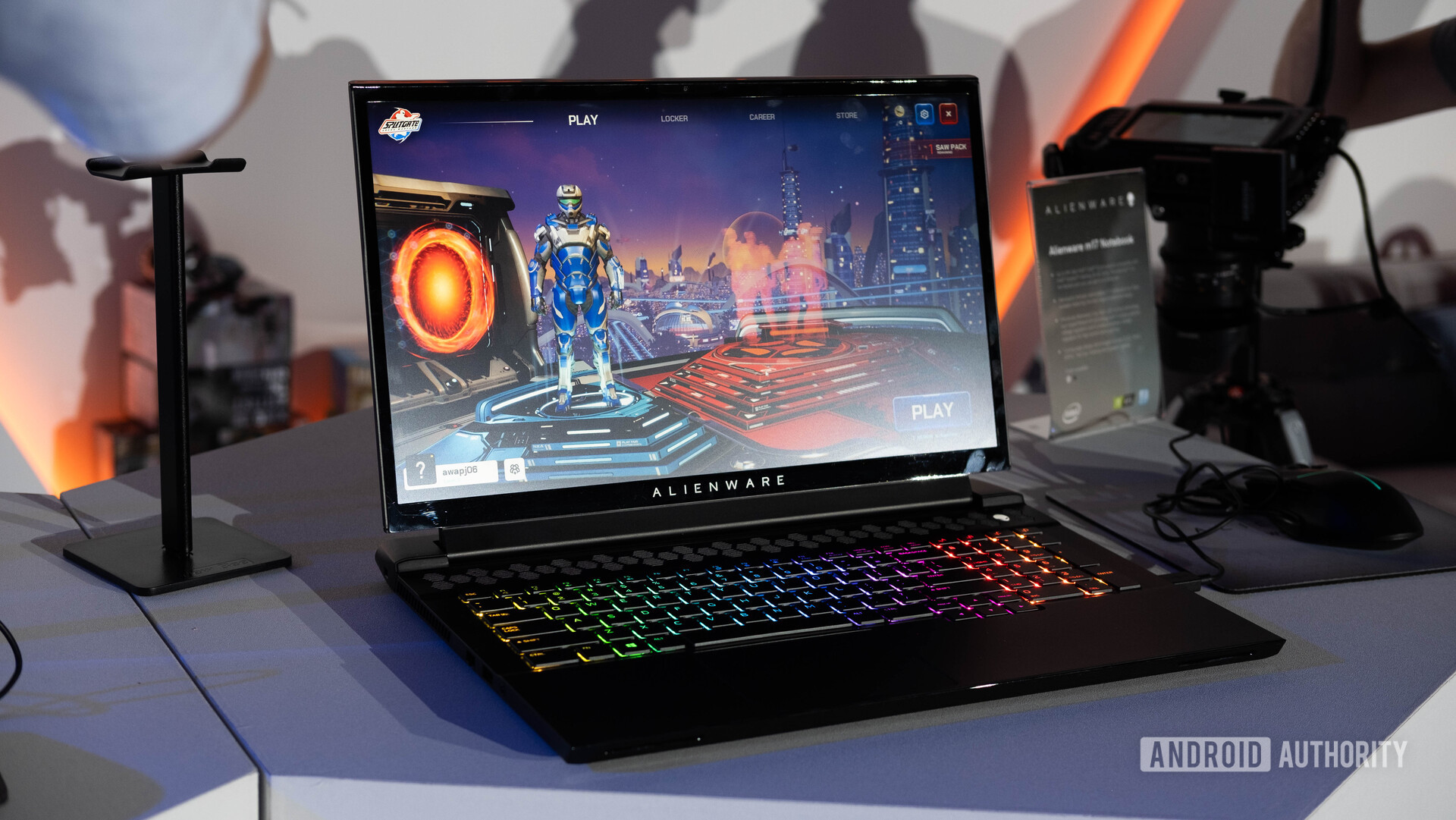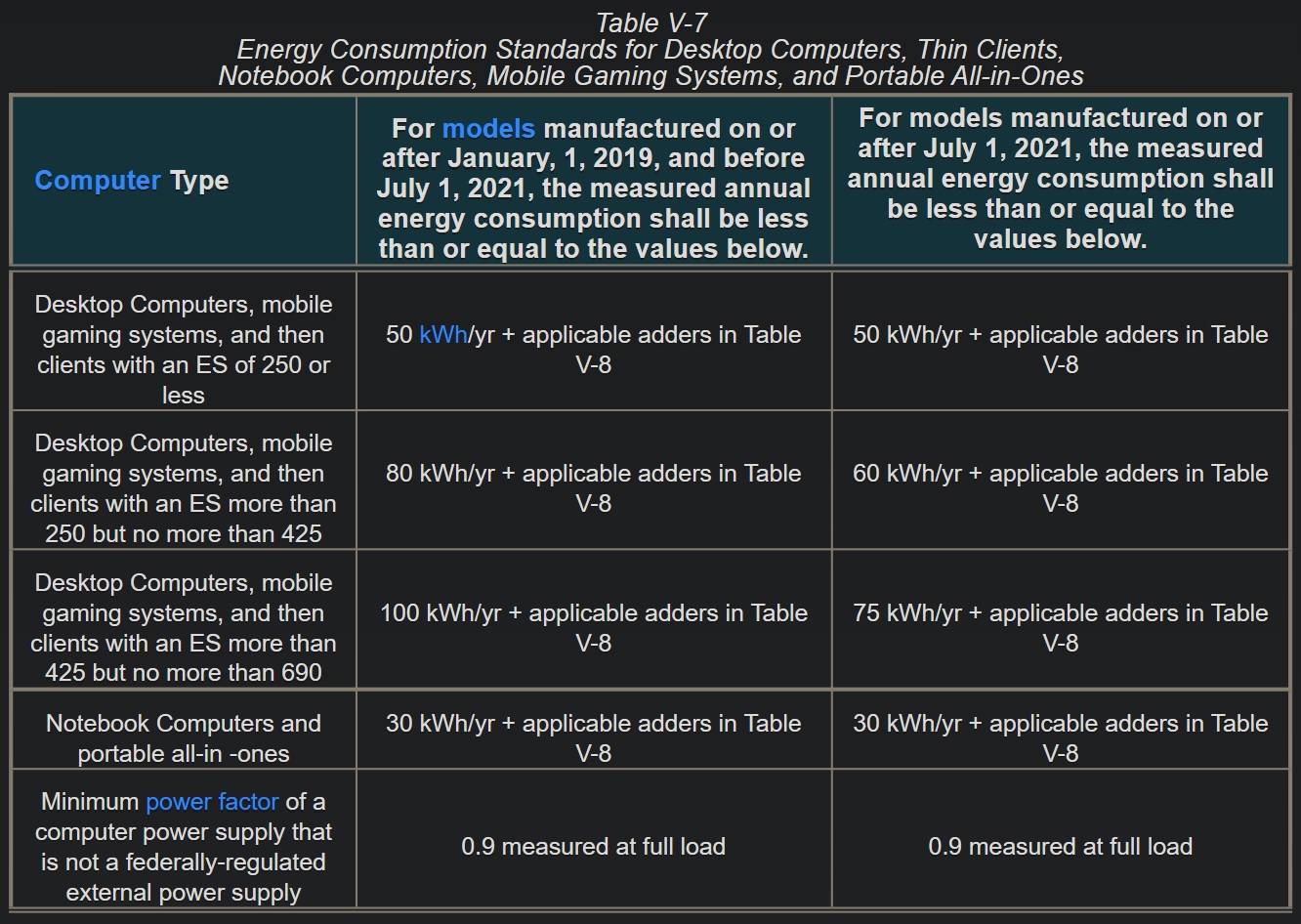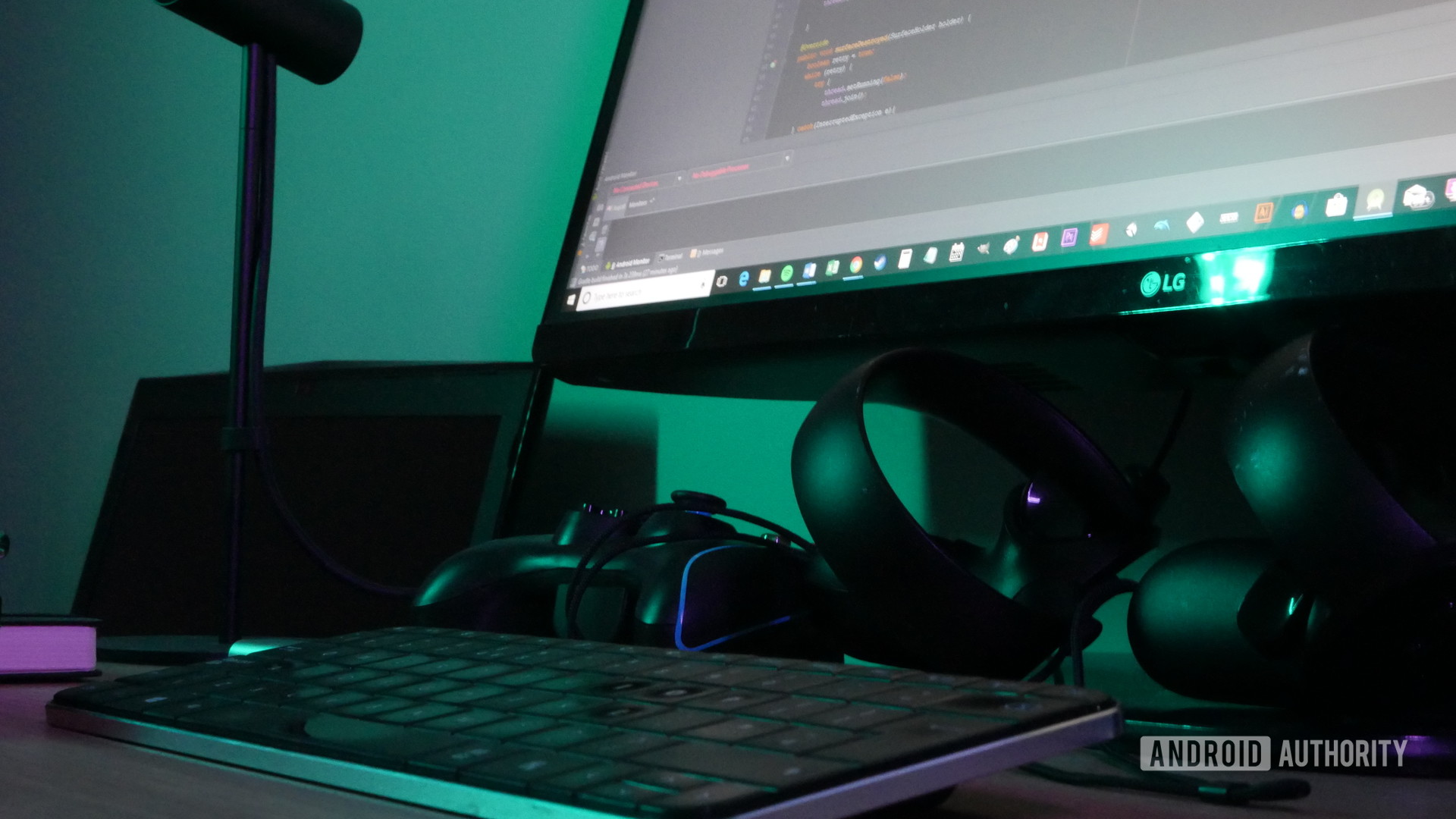Dell is one of the largest PC manufacturers in the world, offering a large number of different products. However, for people living in six states in the United States, certain Dell products will no longer be available. The local governments of California, Colorado, Hawaii, Oregon, Vermont, and Washington state have enacted regulations restricting Dell’s sales of some of its high-end gaming computers.
Although this may surprise many people, it has actually been a long time. This situation was mistakenly magnified as a “gaming PC ban”, which seems to be more because the company ignores regulations than the unfair imposing by the state government. Let’s break down why this ban occurred and what it might mean for the PC market.
You can also take a look: The best Dell laptops to buy in 2021
Why are certain Dell PCs “banned”?

The news broke last week when new notices began to appear on the Dell website. Limited to some high-end gaming desktops from Alienware Aurora R10 and R12 series companies, the news is as follows:
“Due to the power consumption regulations adopted by California, Colorado, Hawaii, Oregon, Vermont or Washington, this product cannot be shipped to these states. Any orders for these states will be cancelled.”
writer Mary Oaks The news was first posted on Twitter. According to this, Register Managed to obtain a statement from Dell in which the company confirmed that the sales restrictions were due to Tier 2 implementation by the California Energy Commission (CEC) effective July 1, 2021.
Basically, these gaming PCs do not meet the energy efficiency data required by the regulations set by these state governments. Therefore, Dell no longer ships them to these states.
You can also take a look: The best desktop computer you can buy
Is this a gaming PC ban?
When first viewing the Dell PC configuration displaying this message, there is no obvious pattern. However, this is far from the truth.this Title 20: Home Appliance Efficiency Regulations Each class of computer implemented in California has detailed formulas and each component listed under “Adder.” The key factor here is that these consumption data are limited to inactive usage patterns. It is about the power the computer consumes when it is idle or in sleep mode, not the power it consumes when it is active.

Basically, the computer system and its components need to meet the requirements set here. If the total energy consumption during idle time exceeds these limits, it cannot be sold in states where these regulations apply. This is the case with some Dell gaming computers.
The news mostly refers to it as the “gaming PC ban”, but this is not the case. These regulations began to be formulated in 2016 for almost all electronic devices, and California took the lead in implementing them. Although there have been changes, and there will be more and more stringent changes, this is by no means a comprehensive ban on gaming PCs.
This is not a ban at all. The regulation does not selectively target gaming PCs (or even just PCs). In addition, manufacturers have enough time to comply with regulations.
Don’t forget, considering that many of Dell’s own fully standardized systems seem to comply with the new power consumption regulations. In these states, a powerful PC will not automatically become unusable. All things considered, it is clear that the government is not after your gaming PC after all.
You can also take a look: Best gaming PC desktops of 2021
What do these power consumption regulations mean for the PC market?

For ordinary consumers, the difference may not be obvious. Many PCs already comply with these regulations, but this has not translated into reports of any negative effects on end users. Although there are general energy consumption issues surrounding gaming PC components used for cryptocurrency mining, these regulations are not very strict and are unlikely to be the case in the future.
Currently, California, Colorado, Hawaii, Oregon, Vermont, and Washington have these regulations. California has been at the forefront of adopting these regulations, and given the energy-saving potential, it is likely that more of the United States will follow suit.
However, adoption by PC manufacturers should not be too difficult. Currently, Dell seems to be the only company that stops PC shipments on legal grounds. However, we expect PC manufacturers to upgrade their products to specifications as soon as possible, at least in the affected states.
Currently, these regulations will not affect the process of building your own PC. Although these regulations may be expanded to apply to PC components in the future, they are unlikely to have an impact on the market. Component manufacturers will need to catch up to the standard is all.
So please rest assured that the gaming PC you purchased will not be affected much soon. However, you can save a few dollars in electricity bills!
Want to learn more about PC components and related topics? Next, take a look at these articles:
